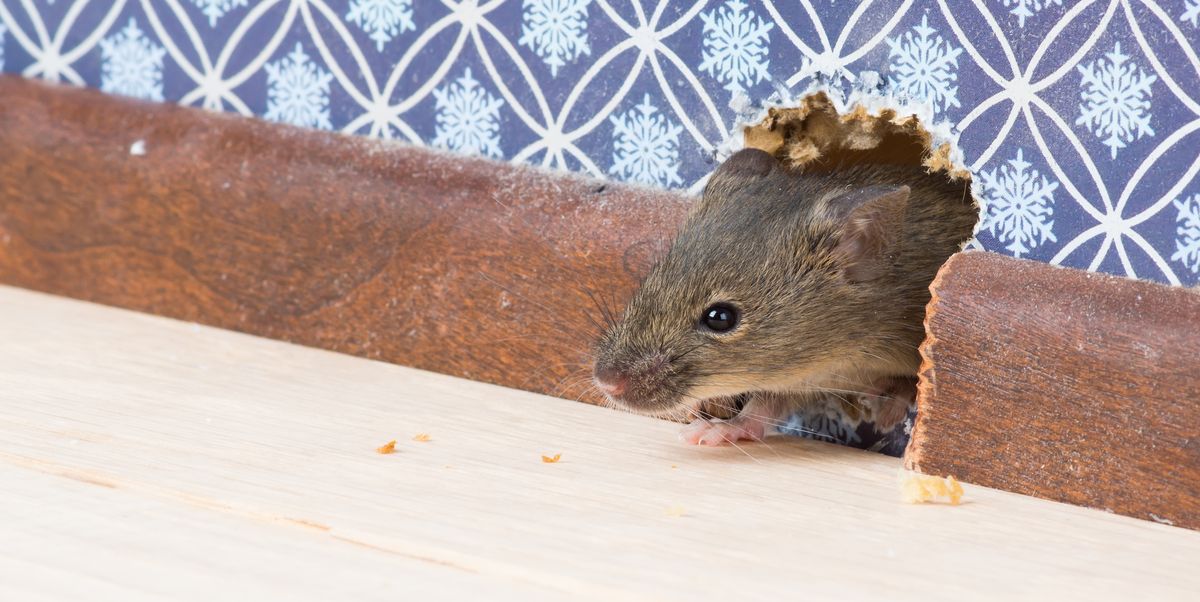
All doors and windows must close properly. All doors and windows must close properly.

Below are a few lifespan averages for some of the most common mouse species in the Western United States.
How long can a mouse live in your house. House mice have adapted to thrive around humans. Inside a house that provides shelter and plenty of crumbs or stored goods the average lifespan of a mouse is about two years. As long as the pests have access to food and water the only real threats to their survival are disease and humans or pets.
The lifespan of a mouse does vary depending on the species. Below are a few lifespan averages for some of the most common mouse species in the Western United States. House mouse Mus musculus 9-12 months Deer mice Peromyscus maniculatus 2-14 months.
A house mouse will rarely live more than a year in the wild but in a protected environment with food and water such as a house it can live up to three years. Continue to 5 of 12 below. In your home they can get that from water left behind in sinks condensation around pipes in the walls water in drains or often overlooked sources such as pet water dishes.
Believe it or not mice can go a month or more without directly consuming water. There usual mode of hydration is extracting water from the food they consume. Even foods that seem dry enough to us to.
With an average of six to eight babies per litter a family of six mice can multiply into 60 over the course of three months. Story continues below advertisement They can destroy your home It. Once a mouse has made an easy entrance into your home they will search for food and build a nest to get cozy.
Here are 5 simple tips to try to keep mice from entering your home. Seal the exterior of your home. This can be around any vent pipe window or door.
Keep your house sealed tight. Do not allow these rodents any easy access points. Do not be fooled by their cute and fuzzy faces.
Mice are not creatures you want in your house. Its one thing to see a little field mouse scurry down a path in a park and another thing entirely. Mice proliferate quickly and populations may exceed 200 specimens within a matter of months.
In order to prevent mice from entering the home all cracks openings and holes should be sealed with metal or cement. All doors and windows must close properly. Cut off their highway to the house by cutting shrubbery back from the exterior of your house.
Make sure to keep stacks of firewood at least 20 feet from the house. And just like the breeding output increases if a mouse takes refuge in your home so does the length of their life. While the average mouse lifespan is only about 12 months outdoors indoors this number can climb to 2 to 3 years.
This is because indoors mice arent exposed to harsh environments or natural predators. That leaves them with nothing to do but eat through your valuables spread disease. There are many different types of mice including the deer field and harvest mouse but the most common mouse found in a home is the house mouse.
This creature is grey or brown in color with a pointed muzzle long thin tail large ears and small dark eyes. Mice generally live outside but since they are omnivorous they will eat anything that humans consume and will find your home and pantry appealing. Learn the best methods to deal with mice infestations in your home and how Terminix can help keep the mouse out of the house.
How to help get rid of mice in your house. Choose the best bait for mouse traps. Proper placement of mouse.
But dont let their smallness fool youmice can be quite dangerous lurking around your house. First lets talk lifespan. According to a study published by the UK government a mouse only lives up to 9 to 12 months.
In that lifespan the mouse does get quite busy. Which brings us to our next point. A single female mouse can produce up to eight babies in a single litter and consistently produces six babies per litter.
Moreover gestation periods are very short for mice. In one year that lone mama mouse can produce up to ten separate litters. That quick math adds up to sixty babies in one year from just one mouse.
Before you know it you may unknowingly be feeding more mice than you can. Mice from either the dirt or sewer can actually travel through these lines into wall and floor cavities and pop out into your house. Believe it or not theyre capable of squeezing into spaces as small as a quarter of an inch yikes.
1 Mouse-Proof Your Home. One of the easiest ways to rid yourself of a rodent infestation is to prevent one before it even has a possibility of happening. Most homes are invaded by rodents during the cold winter months as they find a nice warm place to nest eat and have their young.
Here is a comprehensive checklist to rodent-proof your house. If you have trees near your home make sure to. Examine beneath your home.
Shine a flashlight across the surface of the plastic beneath your home looking for dropping or footprints in the dust. Entering from underneath the house they often gain access through tubing if it has a tear or if they chew through it. Step 2 - Prepare.
In order to tackle the problem you will need a few supplies. There are many many products on the market from rodent.